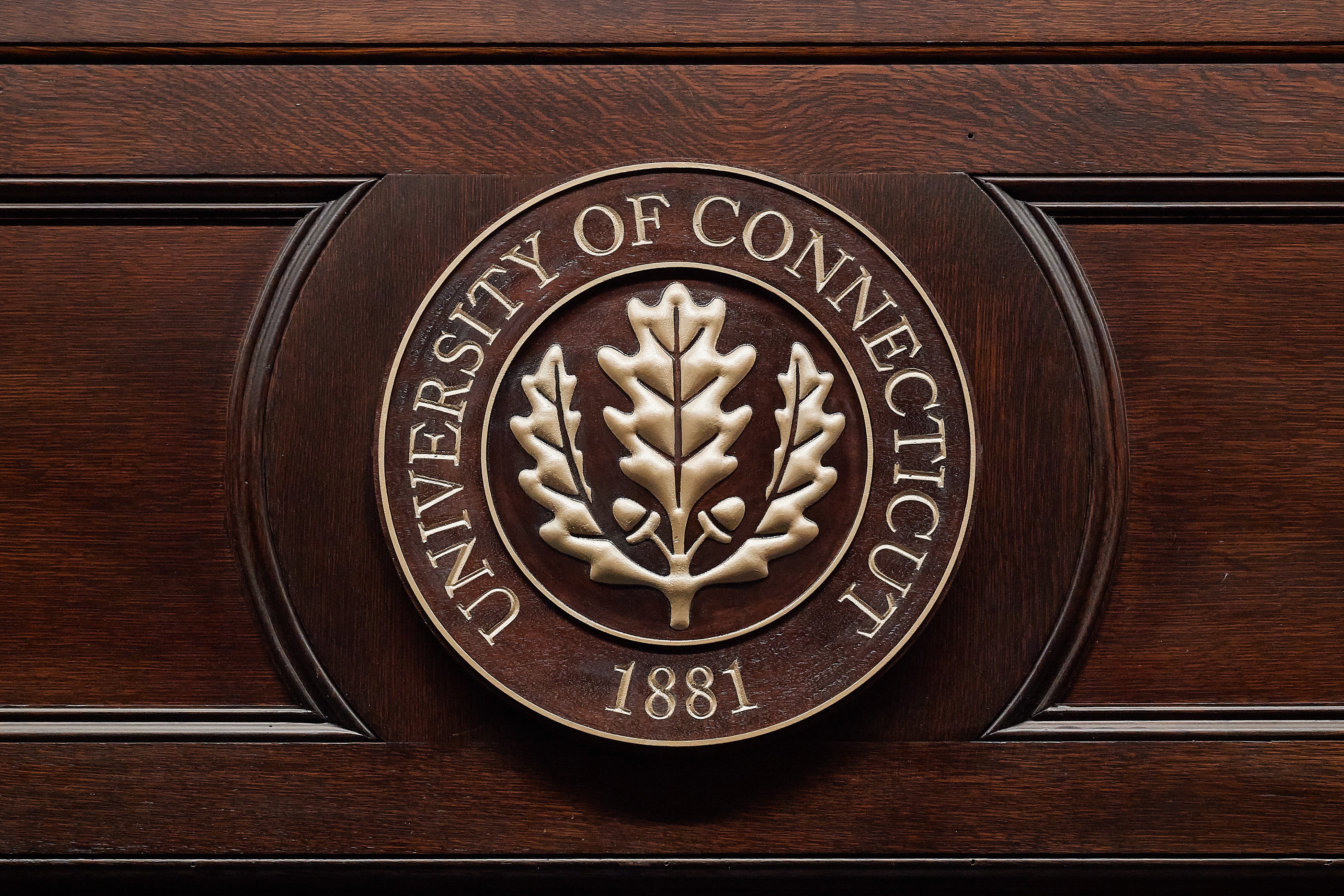UConn will pilot a test-optional undergraduate admissions process for the next three application periods, studying whether the policies influence its student success rates and increase accessibility to talented students who otherwise face barriers associated with the tests.
UConn has always believed in the value of a holistic application review process, officials say, and that no single piece of an application – including the SAT or ACT standardized tests – should determine whether a student has the potential to succeed at the University.
And while UConn had already been considering whether to pilot a test-optional process, the COVID-19 pandemic added impetus by exacerbating the underlying issues, since high school students currently have varying access to e-learning, preparation for the SAT and ACT, and conducive testing environments.
UConn will start the test-optional applications process starting with students applying to enter as undergraduates in fall 2021, and will continue through the following two admissions cycles. During that time, students may submit SAT and/or ACT results if they choose, but no admissions decision would be impacted and no student would be disadvantaged if a standardized test score is not provided.
More than 70 institutions nationwide also have announced this spring that they are adopting pilot or permanent test-optional policies, in addition to many others that had already adopted them in recent years.
“UConn has always prided itself on the holistic review, which never has relied on a single data point in the evaluation of applicants. With the move to test-optional, we feel that applicants will now have the confidence to present themselves in the best way possible, without the fear of misevaluation due to not performing as well as they hoped on the SAT or ACT,” said UConn Director of Undergraduate Admissions Vern Granger.
“As we look to bring together the next great class of Huskies, this shift will allow us to review important personal qualities and characteristics, along with academic and personal accomplishments in even greater detail,” Granger said.
A wide variety of factors beyond SAT and ACT scores are used to help admissions offers assess applicants on a holistic basis, including the student’s academic performance, strength of coursework, involvement, and leadership qualities. Applicants will also continue to be automatically considered for merit scholarships and Honors Program eligibility regardless of whether test scores were submitted.
Given the holistic nature of UConn’s admissions review, the University can enact the test-optional approach without any negative impact to the academic potential of the students selected and to the class cohorts that choose to attend UConn.
The College Board and ACT canceled the March and June testing dates this spring due to the pandemic, and both testing agencies are actively developing alternatives to ensure this cohort of students have the ability to set for exams, including possibly online or through offering more frequent exams in the fall.
However, that has raised questions about whether applicants would have equal access and be taking the tests in vastly different atmospheres and preparation – given the inequity of conditions under which students are currently pursuing their high school studies in core subjects, which are a large part of the standardized exams.
Questioning whether test scores would be a reliable metric in applications, several other institutions have also announced test-optional policies for the fall 2021 entering class or beyond, including Boston University, Northeastern, Tufts, and the University of California system.
UConn has studied the issue internally over the past several years, finding that while students who score very highly on the SAT and ACT tend to be successful at very high levels, the scores are not correlated to success at other ranges. Simply put, many low-scoring applicants also had successful academic careers, though judging them only on their standardized test scores wouldn’t have predicted it.
Research has shown that test scores are highly correlated to income, and there are apparent disparities found between White and Asian students versus African American and Hispanic / LatinX peers.
Other institutions that have piloted or permanently adopted test-optional applications also have found equal levels of success between those who did and did not submit scores, and the institutions’ standing in higher education rankings generally were not affected.
“Ultimately, it is our hope this move will result in an even more diverse and inclusive applicant pool, which provide us a greater opportunity to build a community of students that reflect the breadth and depth of our institution,” Granger said.



